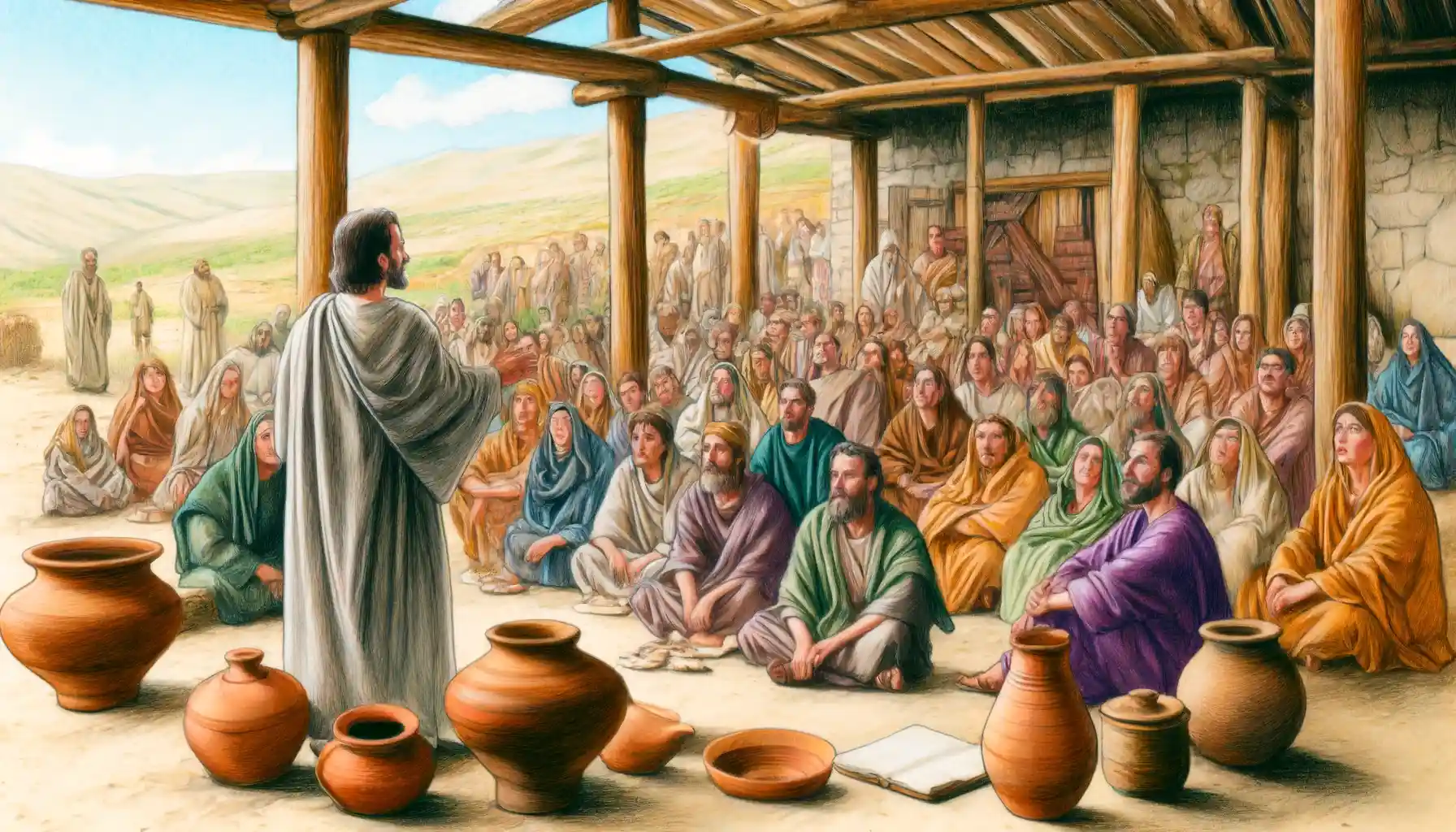
Colossians: Theology and Challenges of an Early Church
The church in Colossae was an early Christian community that is primarily known through the New Testament’s Epistle to the Colossians, attributed to the Apostle Paul. Here are some quick facts about this church:
- Location: Colossae was an ancient city in Asia Minor (modern-day Turkey), located in the region known as Phrygia, near Laodicea and Hierapolis.
- Founding: The church was likely founded by Epaphras, one of Paul’s converts and companions, rather than by Paul himself, who apparently had not visited the city during his missionary journeys.
- Characteristics: The church was composed mainly of Gentile believers, though it likely included some Jewish members, reflecting the mixed cultural setting of the region.
- Challenges: The Epistle to the Colossians addresses issues such as heretical teachings that mixed Jewish legalism, Eastern mysticism, and Greek philosophical thought, which threatened the purity of the Gospel.
- Paul’s Letter: Written while Paul was imprisoned, the letter emphasizes the supremacy and sufficiency of Christ over all wisdom and spiritual powers, aiming to correct the false teachings and encourage steadfastness in the faith.
- Impact on Theology: The letter to the Colossians contains some of the most profound Christological teachings in the New Testament, including the famous Christ Hymn (Colossians 1:15-20), which depicts Christ as the preeminent creator and reconciler of all things.
Historical and Geographical Context
Colossae was an ancient city situated in the Lycus Valley in the Roman province of Phrygia, part of modern-day Turkey. By the time the Christian community was established there, Colossae was somewhat eclipsed in importance by the neighboring cities of Laodicea and Hierapolis. However, its strategic location on major trade routes made it a melting pot of Greek, Jewish, and Eastern cultures, which influenced the religious and philosophical views in the area.
Founding and Leadership
The church in Colossae is believed to have been founded not by Paul himself, who had never visited the city during his missionary travels, but by Epaphras. Epaphras was a native of the city and a close associate of Paul, described in Colossians 1:7-8 as a faithful minister of Christ on behalf of the Colossians. His leadership played a crucial role in establishing the church and later, in communicating the needs of the Colossian believers to Paul, prompting the apostle’s letter.
Challenges and Heretical Influences
One of the significant challenges faced by the Colossian church was the presence of false teachings that threatened the integrity of Christian doctrine. These included syncretism—a blending of Jewish legalistic practices, local folk beliefs, and elements of early Gnosticism which emphasized secret knowledge for spiritual advancement. This heresy also proposed the worship of angels and strict ascetic practices, detracting from the Christian message that Christ alone is sufficient for salvation and spiritual growth.
Paul’s Epistle to the Colossians
Paul’s response to these challenges is encapsulated in his Epistle to the Colossians, which is rich with theological content aimed at refuting the errors within the Colossian community. Key themes include:
- Supremacy of Christ: Paul emphasizes Christ’s divine nature and His role as the creator and sustainer of the universe (Colossians 1:15-17). This directly counters claims that other spiritual beings or forces need to be appeased or worshipped.
- Sufficiency of Christ: The epistle argues against the legalistic and ascetic practices promoted by false teachers, affirming that faith in Christ is sufficient for spiritual completeness (Colossians 2:10).
- New Life in Christ: Paul discusses the implications of the believer’s union with Christ, focusing on the transformation this union should produce in their moral and ethical behavior (Colossians 3:1-17).
Impact and Legacy
The letter to the Colossians has left a profound legacy on Christian theology, particularly through its detailed expositions on the nature of Christ and the implications for Christian living. The doctrines outlined help believers understand and appreciate the comprehensive work of Christ and encourage a lifestyle that reflects His lordship.
The challenges faced and overcome by the Colossians church highlight the enduring nature of Christian doctrinal purity and the need for vigilance in safeguarding the teachings of the Bible against contamination by prevailing cultural and philosophical currents.



